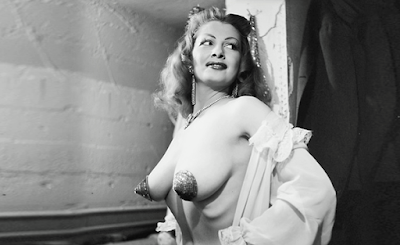 |
| Louis-Ferdinand Céline |
"The Crippled Giant: A Literary Relationship with Louis-Ferdinand Céline" by Milton Hindus
Louis-Ferdinand Céline is endlessly fascinating. For obvious reasons when I think of the publishing house New Directions, I always think of Céline along with that press. I first started reading his work, due to the love of his stylist language, or at least, the english translation of his work. There is something punk-like in the way he saw his world. The fact that he wasn't exactly a huge fan of the jews, just added a 'wow' aspect to his work. And by no means, a 'wow' in a good way. Still, a remarkable figure who lived through the wars, and I think, suffered from them as well.
"The Crippled Giant" is an interesting and odd book. Milton Hindus, a literary academic type of fellow, as well as being jewish, became an acquaintance of Céline - in fact, he helped him a lot during the late 1940s, when he was exiled in Denmark, due to his kind-of-pro-nazi stance. The fact is, I think Céline was just a miserable human being, but also a genius stylist - and Hindus had to deal with that fact. The book starts off as a memoir of him knowing and visiting Céline, but then becomes a lit-crit of his writings. The first two-parts of the book are very so-so to me, on the other hand, the last third of the book is devoted to their correspondence to each other. That, I found much more interesting.
Through the letters, one gets a better (not always in a good way) impression of Céline's personality, and to be thankful, Hindus doesn't back down from him. Yet, he was very supportive, especially arranging business dealings with New Directions in New York, as well as sending him coffee time-to-time. Since I'm a publisher myself, I found the discussion between Céline and Hindus regarding the publishing world in France as well as in America, totally intriguing. Their relationship didn't last, but, this book gives us a peak behind the curtain that surrounds the often-mysterious Céline. And for that, I'm thankful for this book.
 |
| Milton Hindus |
- Tosh Berman









































